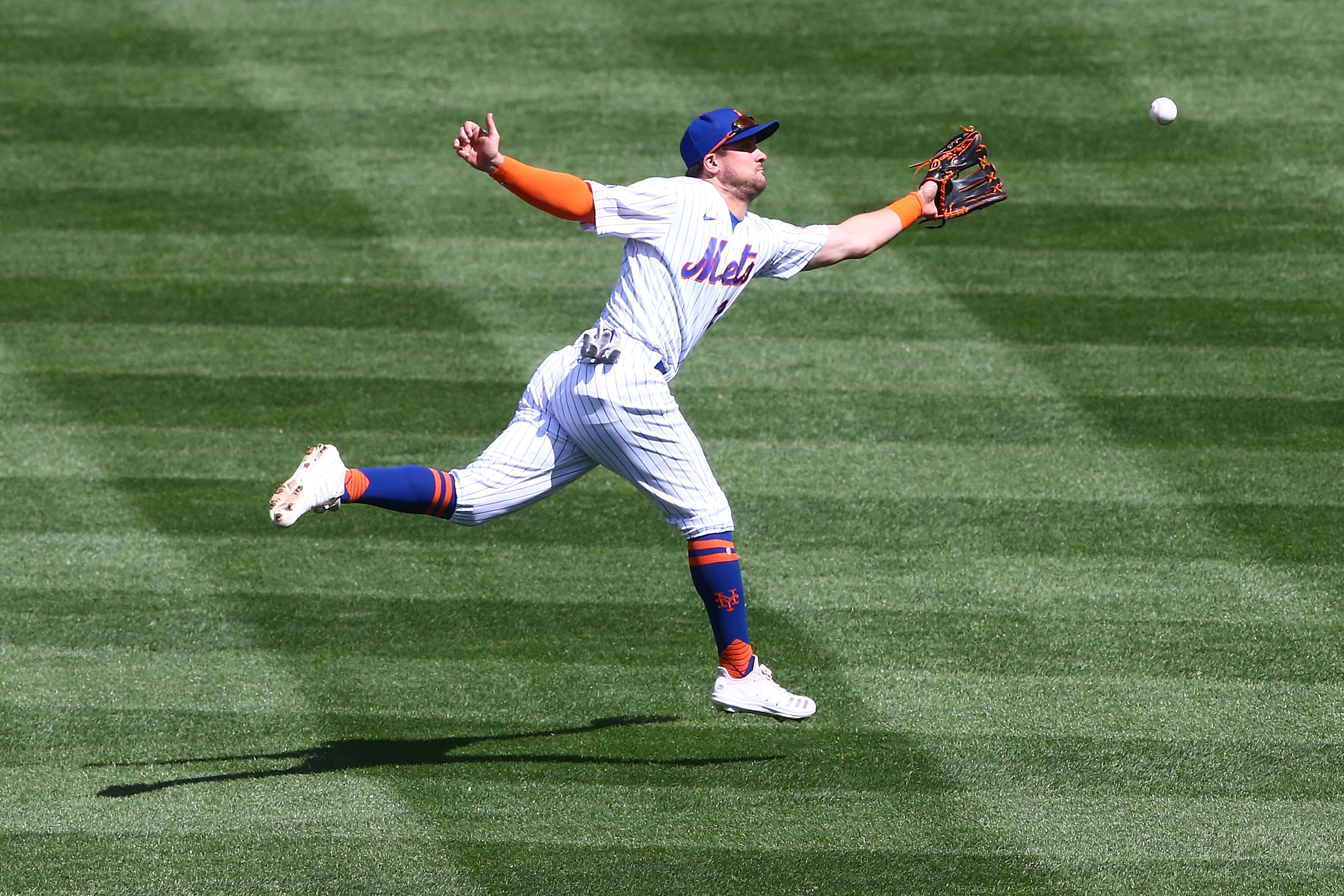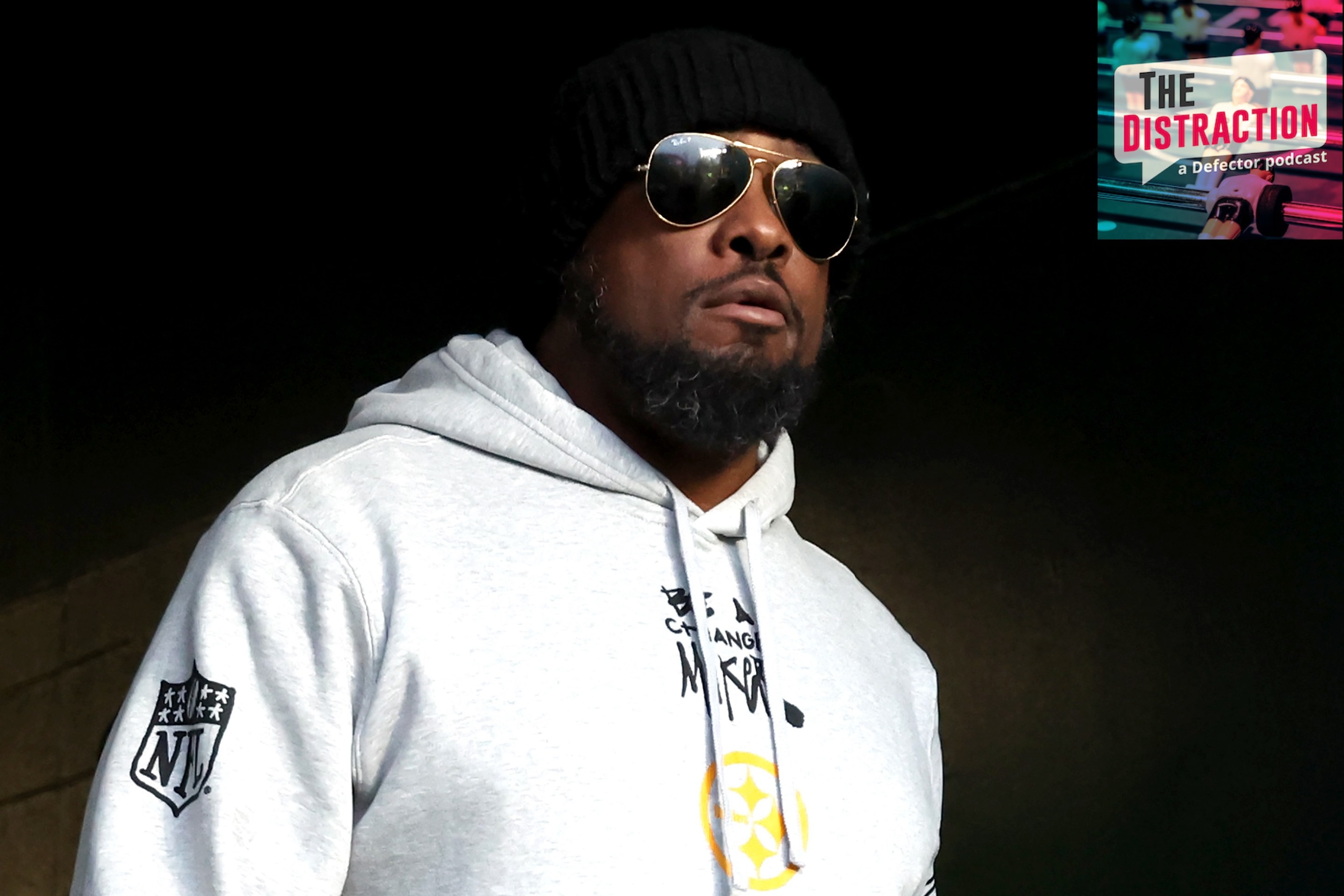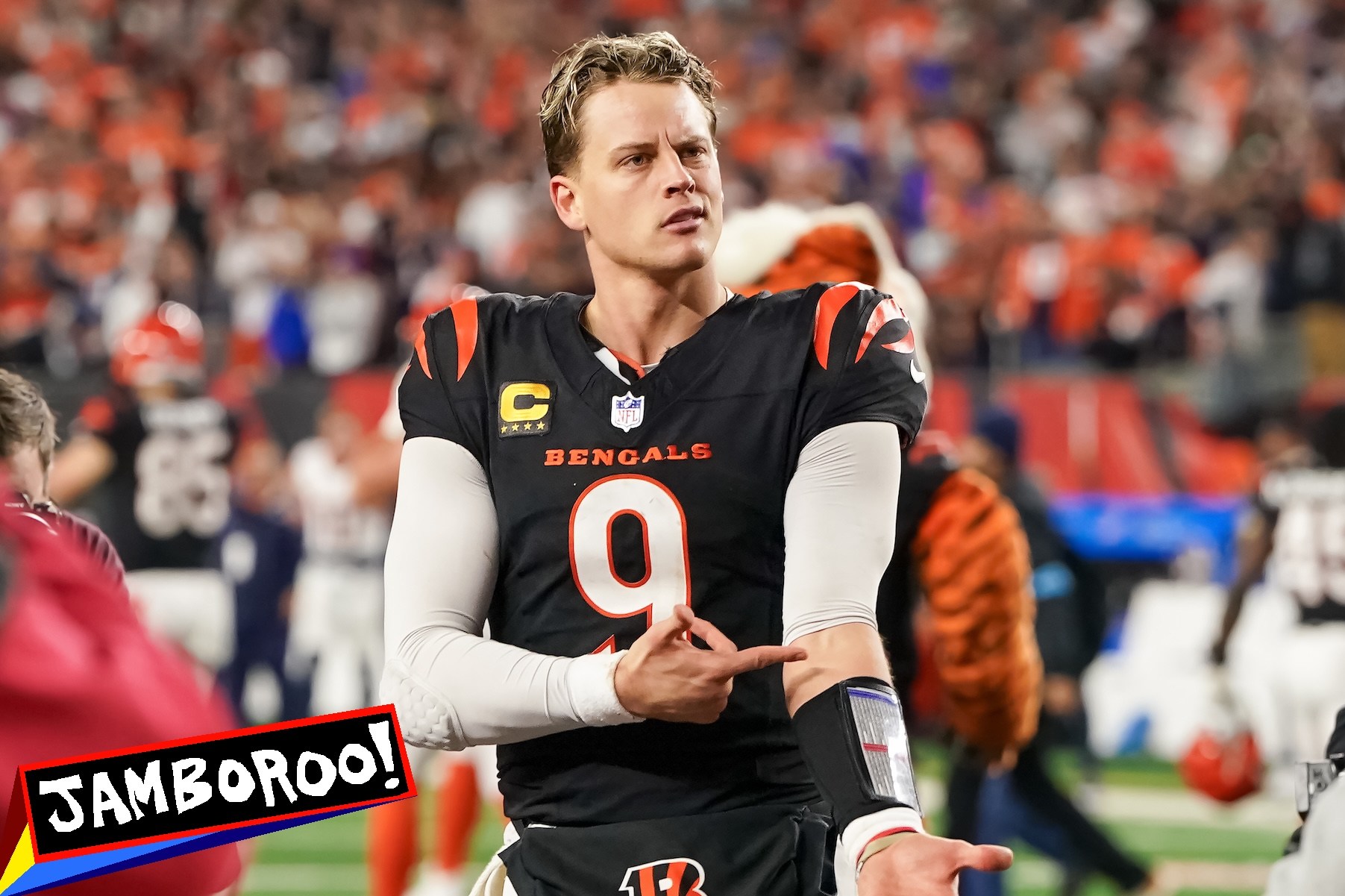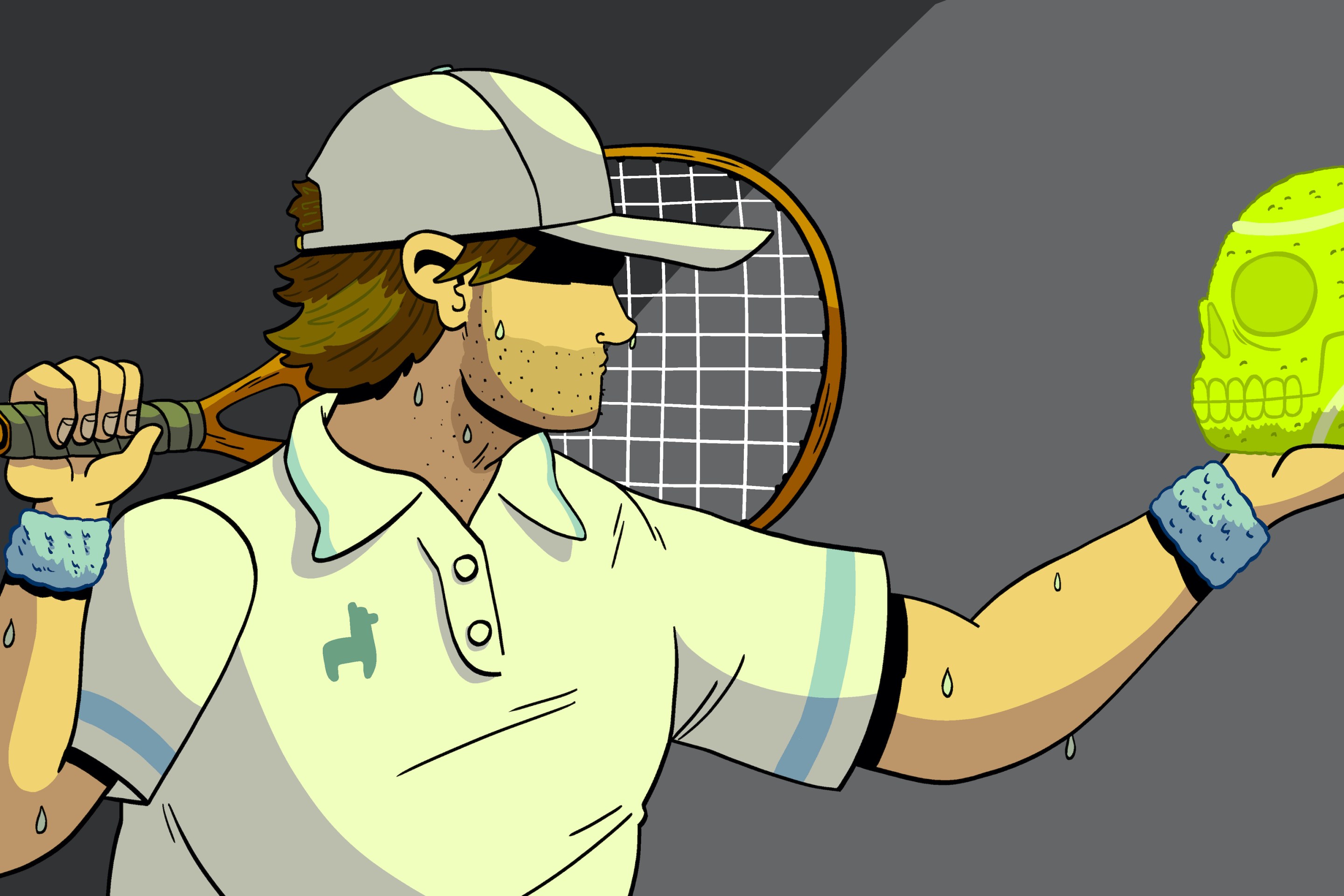On the day after his team's opening day was canceled due to a COVID-19 outbreak on the opposing team, and the day the league announced the entire series would be canceled, Mets third baseman J.D. Davis admitted that he hadn't thought about whether he would or wouldn't get vaccinated. To the extent he'd thought about it at all, that thinking had led Davis to the same blithe non-conclusion as a number of his big league peers. Like Mookie Betts, Rays infielder Joey Wendle, and Twins manager Rocco Baldelli, Davis said that he felt getting or not getting the vaccine was a personal decision, adding that "everybody has their own choice of doing so." If that statement implies the equal validity of not doing so, it does so much less forcefully than it underlines the extent to which J.D. Davis Hasn't Really Thought About It. It also seems more or less to be the official line of the MLBPA, which has strongly encouraged vaccinations without making them mandatory, but more important and more to the point, it's a look at how non-thoughts like these make their way into the heads of people who are trying not to think any thoughts in particular.
In place of any actually ennobling liberty or more fundamental freedom, contemporary American life mostly offers choices. But since most of these are not really choices at all in any meaningful way, it might be more accurate to say that we're offered selection. The choice between paying for health insurance and running up six figures of debt* because you got sick, for instance, is honestly less a choice than a hostage situation. But because the second outcome is still extremely possible even if you choose to pay for health insurance, it's more correct to say that the choice is already made, and that the decision is more about choosing from an array of variously insufficient and predatory options the one whose name or price or risk you like most. Sometimes there isn't even that, and the choice is a binary one between something and nothing. None of this is really what anyone would choose, but these ugly individuated choices are what we get.
A wide selection of products and political identities and their respective signifiers are also available. This long and stupid pandemic year has been miserable for basically everyone, but it has been great for those optional political identities and their attendant signifiers. It is maybe more startling than surprising to watch those partisan identities prove more durable, or at least more relentlessly assertive, than basic concepts of civic empathy or shared purpose, just given that the person who was president for most of this was himself more a collection of signifiers and grievances and curdled memetic selfishness than a whole person, and that the plague was interesting to him only in how it reflected upon and threatened him. There are, it turns out, tens of millions of people who are not just also like that, but whose single most deeply held value is that they must be permitted to continue being like that forever. For these people, having to do something other than whatever they want to do, at any moment and for any reason, really is a much more urgent threat than sickness or death; to be without the agency to make the same stupid non-choices, every day, is not fundamentally different than being killed, because making those facile choices is for them what it means to be alive.
You will not be surprised to learn that the same people who regarded being asked to wear a mask in the grocery store as the same thing as being imprisoned in a gulag are also those most unwilling to get vaccinated. With masks as with the vaccine, some minimal personal imposition delivers both personal and broader social benefits, but they just can't get past that first part. The result is that the vast majority of people are effectively the hostages of the most selfish people the world has ever seen. The urgency of this is new, but the situation is not.
That minority's inability to take anything in stride, or to sublimate even the smallest personal comfort for the most urgent and essential collective good, invariably winds up being political, but it is also its own pursuit and even lifestyle. Some MLB players who will not be vaccinated surely subscribe to it, and live by choice amid the seething frenzy of ominous intimations and powerful enemies and heated but vexingly disconnected signifiers that comprises contemporary American conservatism. You can look at the anti-vaccination sentiments that Cubs second baseman Eric Sogard's wife Kaycee has been posting to get a sense of the temperature of that discourse, and to see how furiously unresolved it all is. "This is absolutely disgusting," she wrote in her Instagram story about MLB's COVID vaccination protocols, which impose restrictions on teams that do not meet an 85 percent vaccination threshold. "And you will not ever convince me this is still about a virus."
If you have ever spoken to an anti-vaxx person, you have encountered this kind of doofy rhetorical flourish, which is usually delivered, as it was by Sogard, as a devastating and unassailable conclusion. If you have ever asked an anti-vaxx person to go beyond that and say what they think it all really is about, or what COVID vaccination protocols might be about beyond COVID, you'll hear answers like "money" and "control" that are, again, not quite as conclusive as they are meant to be. But for all the convoluted and cosmetic suspicion of the politics and the opacity of their oafish paranoid patois, this all resolves to the precariousness that all those false choices are designed to obscure—to the suspicion that it is unfair and somehow wrong that any element of their all-important personal convenience might be contingent upon or even related to anyone else's, and to the fear that their holy ease will be threatened by some other greater responsibility. You truly will not ever convince these people that this is Still About A Virus, because they never once believed that anything is ever about more than their own sour selves, and a jealous world's conspiracy against their comfort. That grandiose vanity is the only force capable of holding together such a disordered worldview. In that sense, and only in that sense, it works very well.
There's no reason to believe that J.D. Davis was thinking about any of that. It is hard to think clearly about our plague, because it is scary and big and the conversation around it is so full of bad science and bad faith. The government denied and elided and obfuscated about the pandemic even at its peak, and in the vacuum created by the lack of any coherent message or cohesive society the national conversation just reverted to its default settings. The broader complacent and unreasoned acceptance that props up our otherwise untenable status quo is shot through all these facile "it's a private matter and a personal choice" formulations; if you have accepted that mostly useless choices between dreary outcomes are all you could ever get as a citizen in the wealthiest and most powerful country on earth, then you have also accepted that these choices are actually very important, and that making them is the thing makes you free. None of these personal choices actually make anything better for the person making them. In the case of the vaccine, those choices have devastating downstream impacts for all the people who glance off the choice-maker as they carve their personal hero's journeys through the world. None of this matters as much as the idea that the choice is theirs to make.
This is by necessity a confining thing, and it makes sense that the stupid vanities and false agencies that follow from it are just as limited. The blustering defiance behind the more macho-coded version of it that shows up in the culture—the thousand varieties of message-board idiocy concerning lions and sheep; about the vulnerable people who "need" the vaccine and the more potent alphas who don't; simple babyish refusals to submit in general and more swaggering and confusing ones like the one Mets starter Noah Syndergaard posted and deleted from his Instagram story—only serves to amplify the pose's fundamental pre-defeated limpness. These are just the sounds some people make, either because they think they sound tough or for the same unreasoning reason that some dogs let out an echoing howl when a siren goes by.
There is a point at which it stops being useful to ask athletes these questions, and not just because of how unhelpful their answers are to the broader enterprise of getting enough shots in arms to put the pandemic behind us. It makes a debate out of something much simpler. While MLB's attempt to incentivize vaccination through its protocols has been effective on some teams, players have remained reluctant to talk about whether they've taken the shots or not. On Sunday, when asked about whether the Nationals outbreak that postponed his season's start by five days made the prospect of vaccination more or less appealing to him and his teammates, Mets outfielder Michael Conforto hit the "personal choice" line.
Ballplayers live in a society just as surely as everyone else does. In clubhouses as everywhere else, the majority that is capable of understanding the responsibilities inherent to all that and acting accordingly must live with and clean up after those who can't, or proudly won't. "By no means if someone doesn’t get [the vaccine]," Cubs outfielder Jason Heyward said last week, "does that mean you’re not going to do everything you can in your power to be safe and keep others safe around you." That is obviously not true on its merits, but also the question was asked and answered in a particular context. There is no reason to think that Heyward does not take COVID seriously; he has donated hundreds of thousands of dollars and his own time to the fight against it in Chicago. But also his second baseman is Eric Sogard, and at some point you just have to pick your teammate up. There's no real choice there, either. There's just the hope that a collective, constructive, collaborative effort will be enough to overcome the obstruction of those who can't see how they could ever be part of such a thing.
*Correction (5/21/21, 7:17 p.m. ET): Medical debt can be discharged in bankruptcy, and is not "non-dischargeable" as originally stated.





